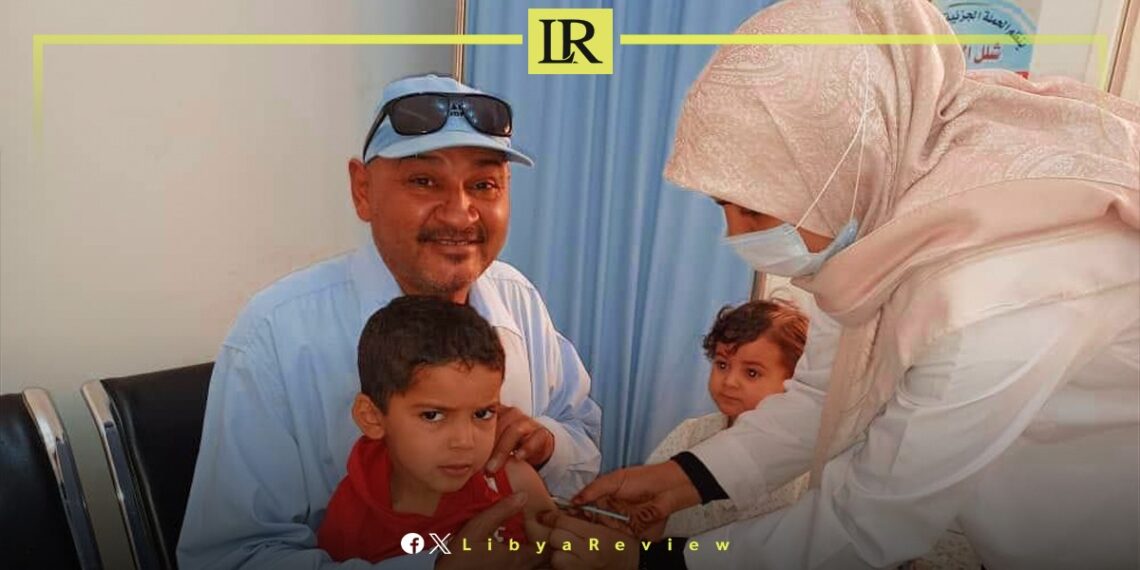The Libyan Parliament-designate government has dispatched a shipment containing all booster vaccinations to the city of Kufra, located in the south of the country.
According to the statement, the vaccination campaign will commence on Sunday, led by medical teams in the city.
“The campaign will cover all citizens and Sudanese refugees alike, for age groups from one day old up to 15 years old,” the statement said.
The Libyan government indicated that vaccines will be administered by medical teams in the city, in coordination with the National Center for Disease Control (NCDC), supported by the Kufra Health Services team.
This campaign follows the implementation of a plan set by Health Minister Dr. Othman Abdul Jalil, following his recent visit to Kufra.
The government estimated that approximately 40,000 Sudanese have been displaced due to the war to the Libyan city of Kufra, adjacent to the borders of both countries.
Abdul Jalil stated, “We estimated the number of Sudanese who have fled to Kufra to be around 40,000 individuals.”
“It is difficult to know the exact number of these displaced people due to continued waves of migration from Sudan, and the actual number requires field census teams,” he added.
“We have assigned medical teams to conduct examinations and tests for the displaced to diagnose their condition and provide them with healthcare. We will offer treatment and medical supplies to all patients, especially those suffering from critical or infectious diseases,” he continued.
“We welcome our Sudanese brothers to their second home, Libya,” he concluded.
Meanwhile, civil activist and migration researcher Asmaa Al-Qayid estimated the number of displaced persons to Kufra at 50,000 Sudanese. She noted that other numbers of migrants have begun to head to the oases and villages in the south, which were not included in this census.
Al-Qayid, in statements to “Al-Araby Al-Jadeed” website, clarified that the oases of Rabyanah, Al-Sarir, and Umm Al-Arbanah in the south have received many Sudanese displaced persons. Additionally, the presence of Sudanese displaced persons in Ajdabiya has become evident, alongside the absence of these displaced individuals from medical examination, posing a risk as they may be accompanied by infectious diseases.


